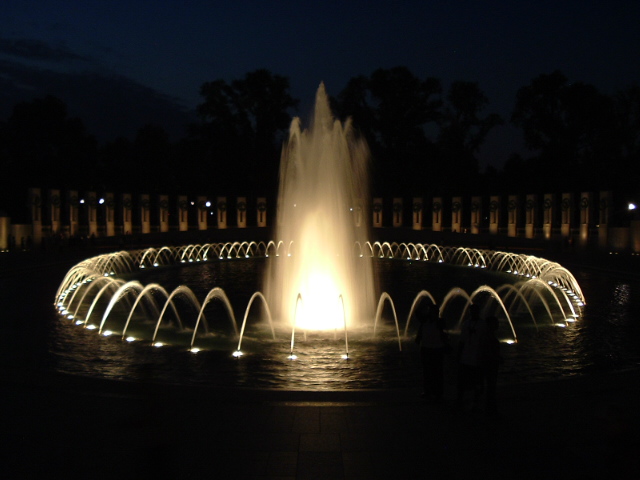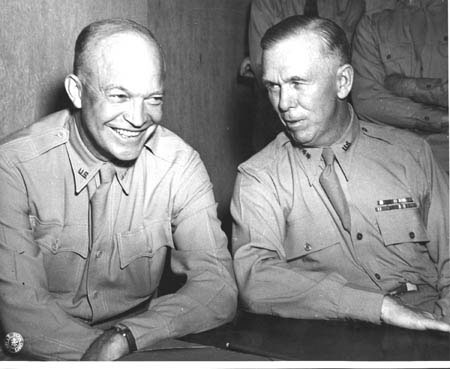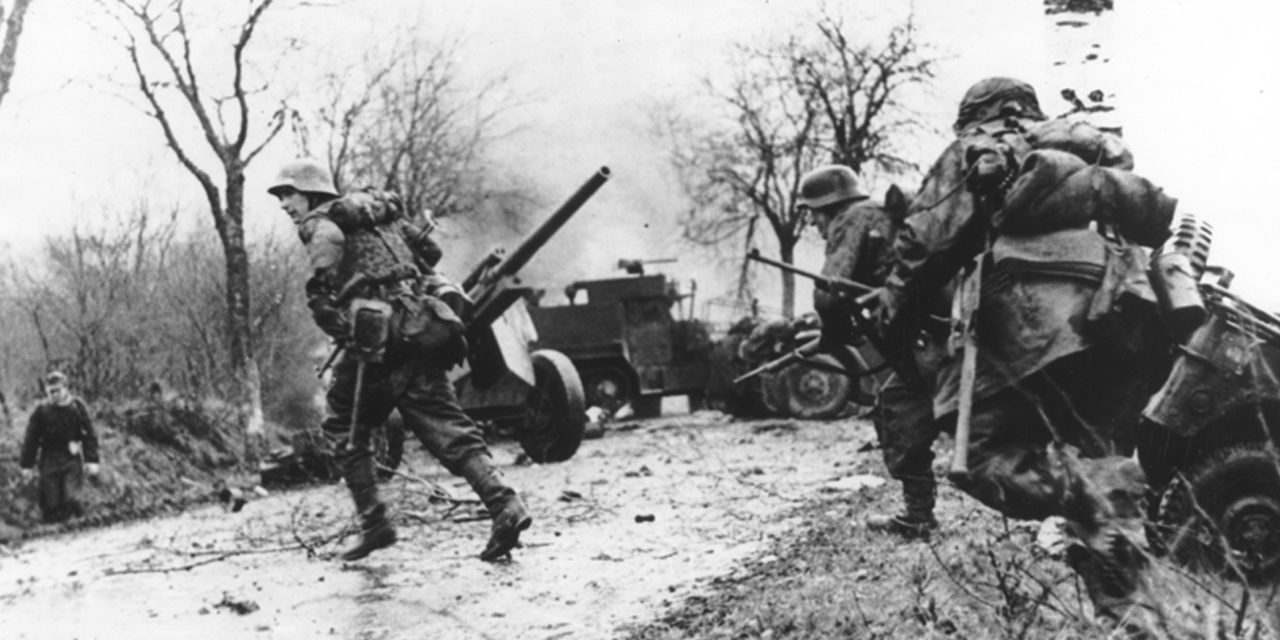The Battle of the Bulge
Seventy-five years ago today, the guns went silent across the European continent for the first time in more than 2,000 days. The sounds of tanks and grenades and artillery faded on May 8, 1945, with the sunrise on that glorious, terrible day for freedom.
What was widely known as V-E Day – Victory in Europe Day, for the Allied defeat of the Nazi death machine and its Axis – evoked a kind of worldwide pandemonium of gratitude and disbelief that, finally, Adolf Hitler’s Third Reich and its evil progenitors had formally given up the ghost. In the end, the Fuhrer chose to take his own life before the formal German surrender.
The writer A.J. Liebling brilliantly observed that, when World War II in Europe came to its formal close “a deplorable nostalgia” rushed in to fill the void – bands of brothers and sisters had congealed in a global defeat of terror the likes of which human history had never witnessed.
Every American family, it seemed, had a father, brother, uncle, cousin, grandfather, neighbor, fellow parishioner, sister, mother, or aunt who had served the war effort in either uniform abroad or domestically in factories, blood drives, victory garden-plantings, and recruitment efforts. All told, more than 16 million Americans were in uniform during World War II, a jaw-dropping number that is still difficult to internalize and absorb.
Not ten blocks from the front door of Focus on the Family’s Washington office is the glorious World War II Memorial on the National Mall, located between the Abraham Lincoln Memorial and the George Washington Monument. I will be there today, Covid crisis or no, to pay my respects to my now-deceased veteran uncles and every soul who fought and served with such gallantry in that global cataclysm.

World War II Memorial in Washington D.C.
We will never be able to rightly appreciate or repay the untold number of chivalric, self-sacrificial acts for freedom given on our behalf during that conflagration.
By God’s grace, my uncles all came home to restart their lives. But they did not return empty-handed or the same men. The war had altered their lives in a dramatic fashion, causing them to grow-up and mature with almost unnatural speed. Millions of these Americans had seen terrible things, rarely if ever discussing the war even with those closest to them. When they did, it was often in the vaguest, most indirect terms.
When I visit the WW II Memorial, one thing I will have in common with others there will be a measured sense of almost irreplaceable loss in the sheer number of veterans who are now deceased: Of those 16 million who served their country, only about 400,000 are still living. Some are buried at nearby Arlington and in beautiful cemeteries ringing the Washington metropolitan area where I live.
But most are resting in peace far beyond the Beltway – and thousands more are rightly resting eternally in the graveyards of Europe where they lost their lives — countless of them never to have seen their 20th birthdays.
America and her allies were blessed by Providence with genuinely peerless civilian and military leadership in those years.
Franklin Roosevelt, the only president of the United States ever elected to four terms, would not live to see the end of the war, and his vice president Harry Truman would take up the reins after only having met with FDR twice during their new administration.

Dwight D. Eisenhower and General George Marshall
General George Marshall, who was so valuable to Roosevelt during the war years that the president refused to allow him to lead the war effort in Europe, instead helped choose a Supreme Allied Commander who would more than rise to the challenge, Dwight David Eisenhower, a future president himself. Assisting the man they called Ike were iconic American generals with names like Patton and Bradley.
In England, America’s primary ally, it is right to ask whether freedom ever had a better friend or could have prevailed without the stout-hearted boldness and oratory of Prime Minister Winston Churchill. His bravery will be remembered a thousand years hence, leading a one-country effort against Hitler until the allies came into the war much later. “There is only one thing worse than fighting with allies,” he said, “and that is fighting without them.”
The most important British general in Europe in those years was Bernard Montgomery; he personally, with Eisenhower, designed the largest and most important amphibious invasion in history, the Normandy campaign, otherwise known as D-Day, on that breathtaking and deadly morning in June of 1944.
The Second World War lasted six years and a day. About 60 million souls lost their lives – including 10 million in Germany and Japan. There were 13 American divisions with 100 percent casualties. The war tab for America was $4 trillion.
George Marshall rightly called the war “a great and terrible epoch.” His British counterpart Field Marshall Alan Brooke said, “ … there is a God all-powerful looking after the destiny of the world.”
On this 75th anniversary of the end of the war in Europe, it was a soldier in the 26th Infantry Division who rightly observed that “no war is really over until the last veteran is dead.”
We are honor-bound, it seems to me, to both celebrate and commemorate V-E Day — to remember and esteem the surpassing achievement of what that great generation did for all of us, and in the history of the world since time immemorial.
Photo from The Marshall Foundation






